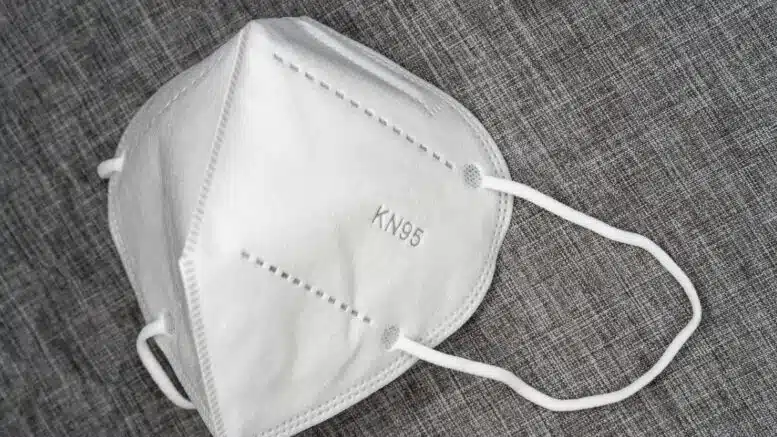Since the coronavirus outbreak in China and the virus’ in the rest of the globe, safety has become the biggest concern. The consequent declaration of the virus as a global pandemic by the WHO pushed nations into enacting stringent measures to curb the spread of the virus. One such strategy is recommending individuals to wear face masks.
Perhaps you have interacted with different masks, including cloth masks, surgical masks, and N95 masks, among others. The frequently asked question is; can face masks or an effective piece of PPE help curb further spread of the Covid-19 causing SARS? Experts have established that when combined with other relevant preventive measures, such as social distancing, hand-washing, and sanitizing, face masks can prevent the pandemic’s spread. The most recommended face mask for frontline workers such as doctors and nurses is the N-95 medical mask. See more about this life-saving mask in the following.
What is an N-95 mask?
An N95 mask, also known as an N95 respirator, blocks at least 95% of air particles because of its ability to filter small and large particles during inhalation. The original purpose of the N95 mask was to help workers of hazardous occupations like mining, painting, and construction industries protect themselves from inhaling foreign particles that could injure their respiratory system.
The n95 and kn95 masks have also been proven to protect people from manmade nanoparticles. These work effectively in industrial environments in the absence of lubricants, glycerin, cutting fluids, and other oily particles.
How does N95 work in the Healthcare Sector
Traditionally, healthcare sectors use surgical respirators approved by FDA and NIOSH. They are also called N9 medical masks or surgical N95. The Covid-19 pandemic outbreak saw the changing of the implementation of laws that allowed industrial respirators in healthcare facilities. They offer more protection than cloth and surgical masks.
Using the National Institute for Occupational Safety and Health’s Hierarchy of Controls, the N95 mask effectively filters 95% of infectious particles, making it ideal for healthcare workers. Unlike other masks used in the healthcare environment, the N95 medical mask offers a close facial-fit and has a filter regulation to prevent the wearer from inhaling infectious particles. The industrial N95 respirators do not have N95 medical mask’s ability to filter contagious particles such as bacteria.
Health care workers (HCW) should receive relevant training and pass a fit test before using N95 medical masks to protect from contaminating Covid-19. N95 masks are disposable like other surgical masks. However, experts have been extending their research and trials to disinfect N95 medical respirators to make them reusable. Breathing is made easier when using the N95 mask by the valve’s presence—the valve filters on only the air that comes in, making protection one way.
Why is it a risk to wear N95 masks without training?
Failure to receive relevant training on using the N95 mask poses a dual danger to the user. First, users wearing a mask incorrectly will not protect themselves from Covid-19. Also, it gives individuals, especially health care workers, false confidence that they are protected when exposing themselves to the risky environment. HCW needs the training to ensure that they use the masks appropriately for maximum protection.
